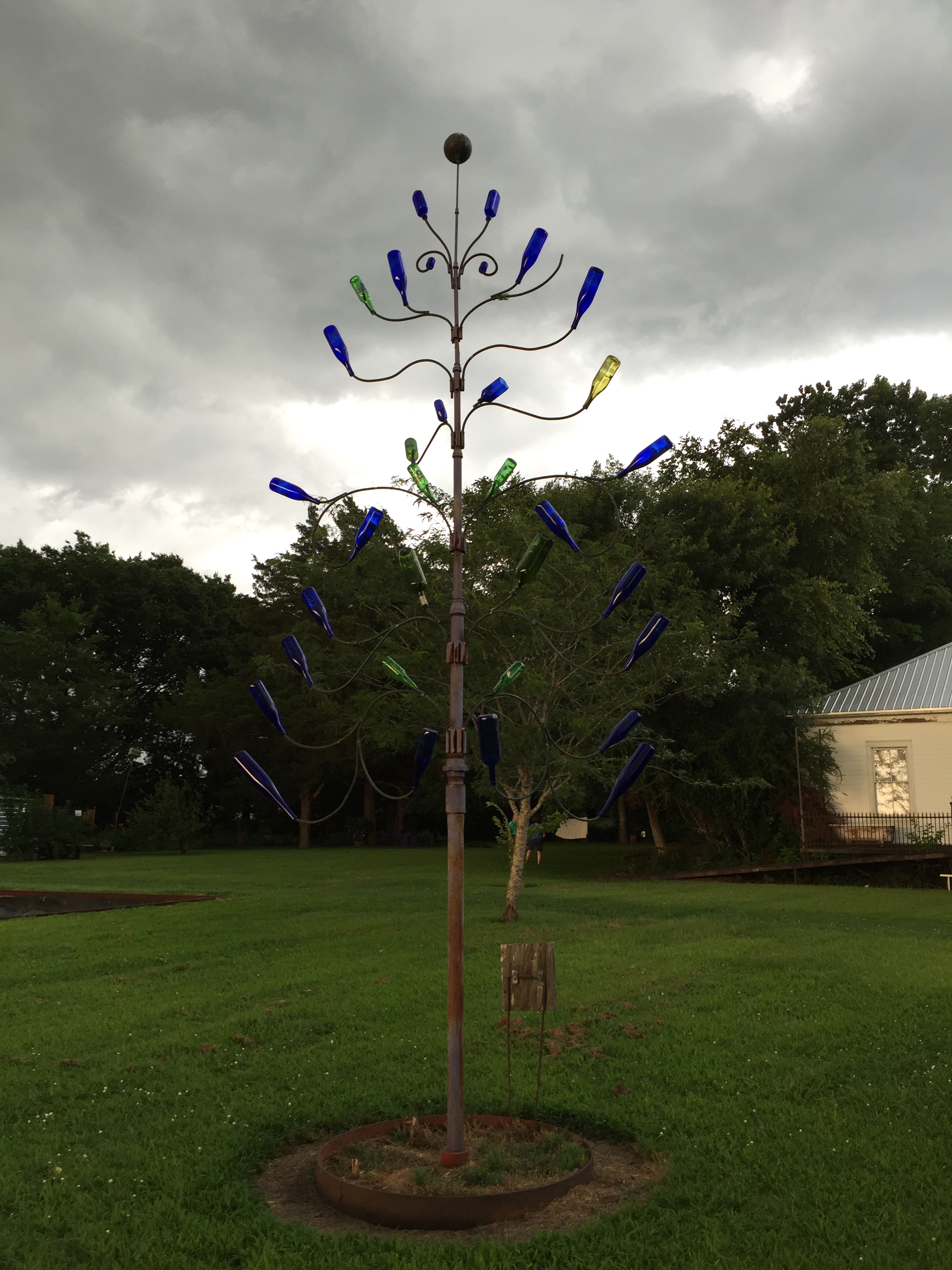WealthWorks and Beyond
/This fall, I’ve traveled to two different meetings. In September, I had the good fortune to attend the final peer learning event of the WealthWorks community supported by Ford Foundation funding. It was exciting to see how this initiative has spread from its original Ford Foundation grantees to many organizations who are implementing it without foundation funding. There were the higher capacity organizations who piloted this approach, in addition to those who have been trained in it through the WealthWorks Training for Coaches and Coordinators. There was so much learning across sectors and within sectors. As I was there chatting with the contingent from Newaygo County, Michigan about their recreation and tourism value chain, I realized that another group, not in attendance, was doing something similar in a different place. As a result, I helped to organize a learning call between Newaygo County, Michigan and Green River, Utah, to share what they’ve learned in their value chain exploration.
I also was able to attend the Land Trust Alliance Rally in Sacramento, California, where I presented a half day workshop on Strategic Planning and Creating Measures that Matter. I also had the opportunity to present a session with Rob Aldrich, Director of Community Conservation for the Land Trust Alliance, with whom I’ve had the good fortune to work over the past year. We’ve been working on how to measure the impact of community conservation, and this session was an opportunity to share what we’ve been up to. The assessment tool that we developed is being pre-tested right now. What started out as a measurement tool has evolved into a tool that can help land trusts assess their community conservation work, plan for greater impact through their community conservation work, and measure the impacts of their community conservation work. When I took stock of what I knew about community conservation and learned more, I realized that the impacts closely follow the multiple forms of wealth from my work in WealthWorks with rural communities. With some minor modifications, adding an additional attribute (justice, equity, access) and modifying some language, this framework is now being proposed and used as a way of thinking about the impacts of community conservation. Land trusts are enjoying this framework as it gives them a way to talk about those impacts beyond “bucks and acres” and helps them to think about broader and deeper impacts.

